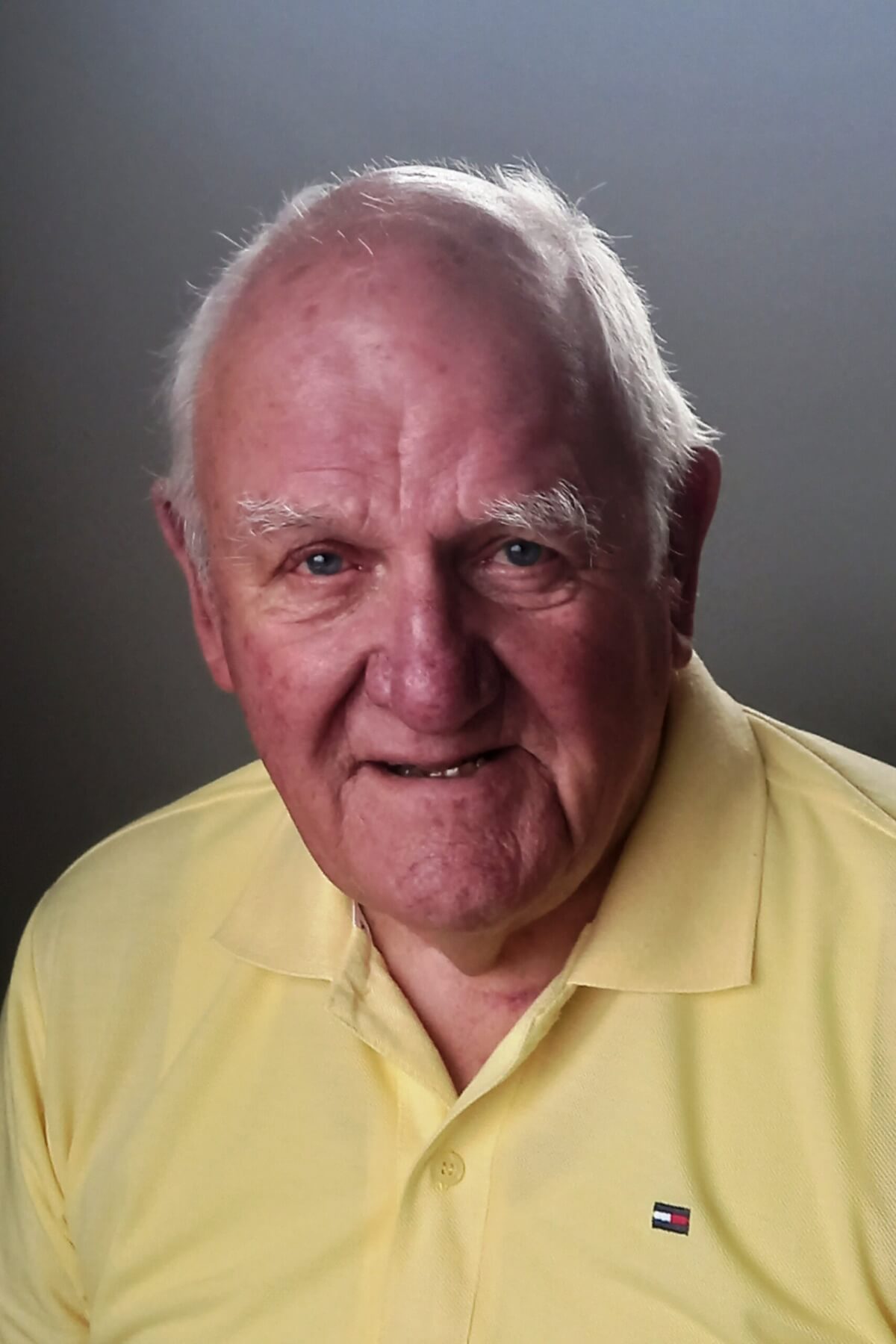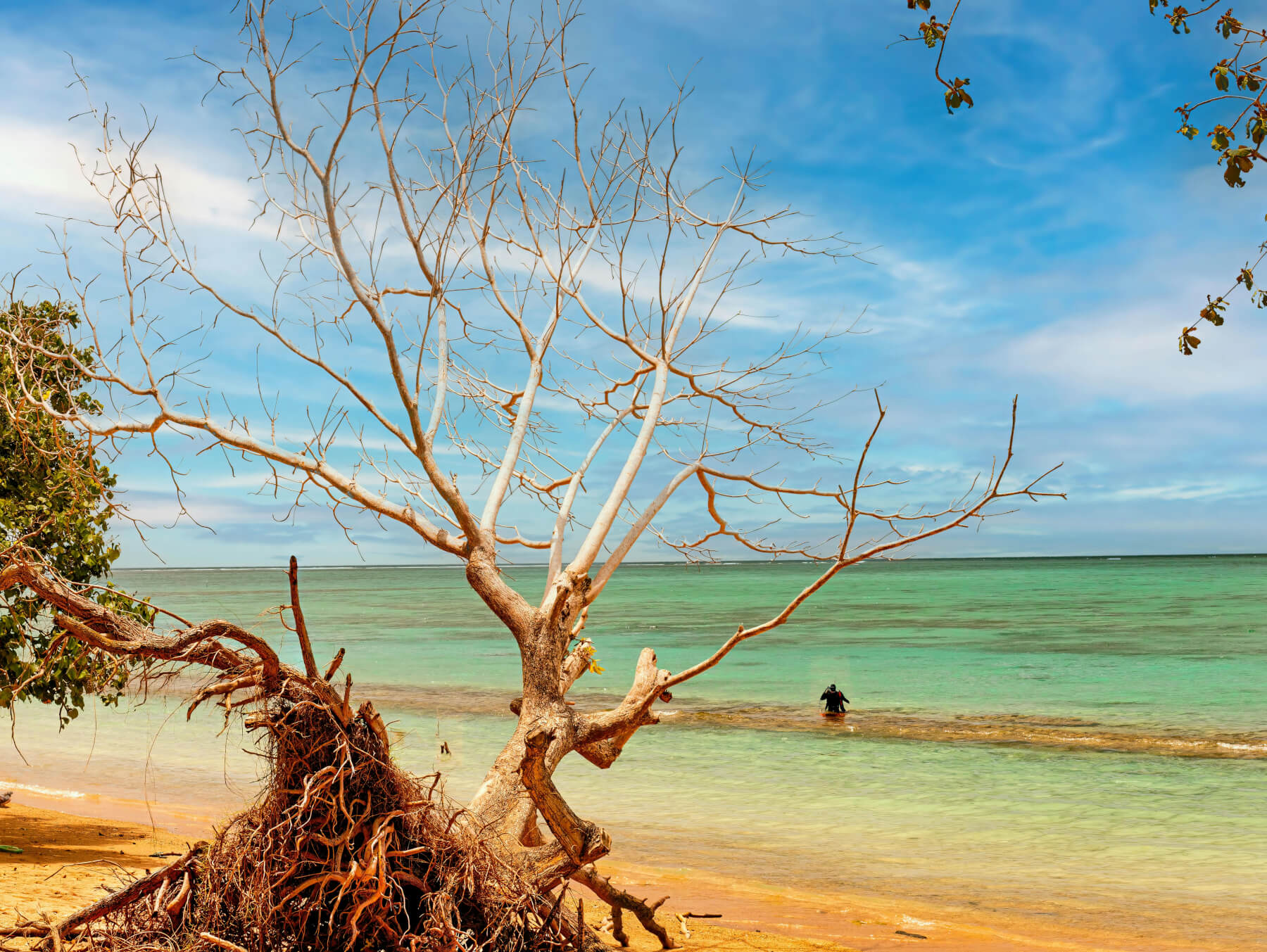
Over the recent weekend I was pleasantly involved with the celebrations of a good friend. The reason for the festivities being his 80th birthday.
Being a long-time resident in a retirement village such an event is, of itself, just one of a continuum of reasons for a party. As I looked around the room in our magnificent 1902 Homestead at the bright faces that clearly told of the passing of the years, I wondered what such a gathering would have been like 50 years ago.

Peter Carr
Well for a start it would have been much smaller. A far lesser proportion of the New Zealand public would have reached such an age. Yet in our village community of approaching 300 people, we have not only many residents as octogenarians but a number now well over 90. Bright people, still driving cars – despite the strange cognitive test that is forced upon those over the age of 80. No mention, by the Ministry of Transport, as to their capability to drive cars nor a recital of the Road Code. For reasons that Waikato Hospital still cannot explain, I was put through the same cognitive test prior to being discharged after an operation on my back. I have a problem connecting the removal of a painful growth with my certification as a well-reasoned and mentally capable citizen.
Statistically, on the national scene, the ageing numbers appear almost frightening. Not physically so but socially. Not forgetting the awareness that this brings for the public who are concentrated on the wild and brutal attacks on retail operators by gangs with an average age of 14. The media are well concentrated on this youth social problem and no government – regardless of political colour – has the answer other than to incarcerate the perpetrators in what used to be known as boys homes. The appalling record of Oranga Tamariki (and its predecessors) in this ‘youth jail’ scenario is disgusting and bordering on complete taxpayer-funded incompetence.
So, at one end of the social age scale, we have the younger ones – or rather small groups of them – going wild and the common thread of this hinges very much on the lack of parental control and, sadly, the alarming increase in the absence of a father figure in the household.

Beach Life, Apia, Samoa. Photo: Eric Seddon, pexels.com
The Samoan community – back in their home islands – have a strong ethic where the grandparents have a major influence on the upbringing and subsequent behaviours of young family members. The family group, known as the Aiga, is very much wound around the wider family with great respect for the elders. Young parents, howsoever brought into that grouping, often happily allow the elderly to guide their young children.
Here in this country, we have rapidly growing numbers of young women who decline to name the father(s) of their children – and are supported by the taxpayer. There is surely a pathway for an Aiga-type system of respect and collective responsibility where those ‘of an age’ can provide guidance, care and planning for younger people prior to them becoming baton-waving adolescents intent on robbing hard working shopkeepers.

Birthday celebrations








